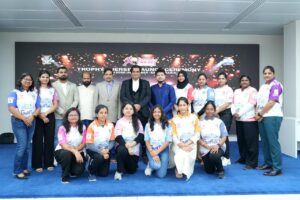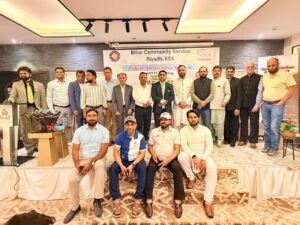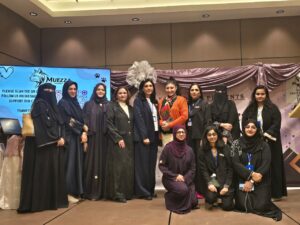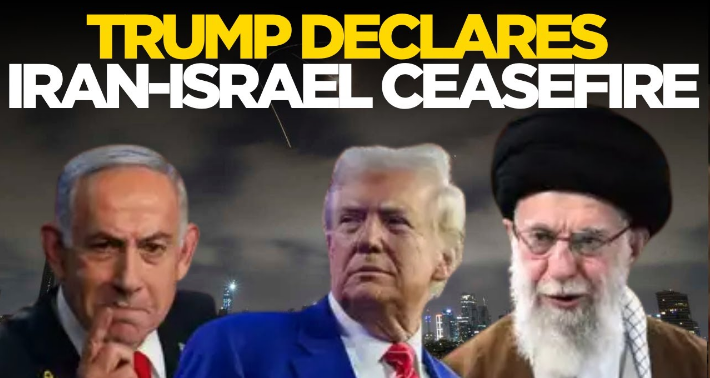
By Dr. Sameera Aziz – Jeddah
The U.S. President Donald Trump recently announced on Truth Social a “complete and total ceasefire” between Iran and Israel, calling it the end of the “12‑Day War.” He stated that Iran would pause fire first, followed by Israel 12 hours later—cementing a full ceasefire within 24 hours—and congratulated both sides on their “stamina, courage, and intelligence.” This dramatic claim came just days after intense Israeli strikes on Iranian nuclear sites and Iran’s retaliatory missile attack on the Al Udeid base in Qatar.
While some reports suggested that Iran may have indicated willingness, no official confirmation has been issued by Israel. On the contrary, military activity remained active: air-raid sirens sounded in Israel’s Golan Heights, and missile alerts in Tehran led to evacuations—hours after Trump’s post. The situation revealed a dangerous gap between online rhetoric and on-ground realities.
This highlights the risks of premature announcements by political figures. With speculation mounting about Trump’s 2024 presidential ambitions, the ceasefire claim appears more like political branding than a verified diplomatic milestone. Unilateral declarations, especially from non-state actors or those without negotiation authority, risk undermining serious diplomatic processes and putting pressure on mediators before terms are finalized.
In such moments, media responsibility becomes paramount. While dramatic headlines draw traffic, responsible journalism must prioritize fact-checking, context, and verification. Peace is not a PR stunt—it’s a fragile, multi-party negotiation that demands maturity and patience.
By contrast, Saudi Arabia has consistently championed disciplined, multilateral diplomacy. The Kingdom supported the 2019 Riyadh Agreement on Yemen, backed UN- and OIC-led discussions, and fostered Gulf coordination in indirect Iran talks via Oman and Qatar. Saudi diplomacy is built not on noise, but on trust-building, discretion, and sustained dialogue.
A genuine ceasefire requires:
- Clear, mutually agreed terms, monitored by neutral observers.
- Cooperation via GCC, OIC, or UN frameworks.
- Post-conflict mechanisms for rebuilding trust—such as humanitarian coordination and nuclear safety dialogues.
None of this can be achieved through a single tweet.
Saudi Arabia’s track record speaks for itself. From facilitating the 2023 Jeddah Declaration on Sudan to leading Geneva and Riyadh peace efforts on Yemen, the Kingdom has shown how inclusive, enforceable peace is earned—step by step, not declared overnight.
Earlier this year, during escalating tensions between India and Pakistan, Trump again tweeted late at night claiming “a deal was done.” However, the de-escalation was led not by the U.S., but by Saudi Arabia. Minister of State for Foreign Affairs Adel al-Jubeir visited New Delhi (May 8) and Islamabad (May 9), meeting with India’s External Affairs Minister S. Jaishankar and Pakistan’s Prime Minister Shehbaz Sharif to encourage dialogue. Simultaneously, Foreign Minister Prince Faisal bin Farhan held high-level regional talks, reaffirming Saudi Arabia’s commitment to peace. These measured, meaningful diplomatic efforts, though largely overlooked in the Western press, underscore the Kingdom’s serious role in global stability.
If Trump’s ceasefire claim between Iran and Israel turns out to be true, it could bring short-term economic relief—U.S. crude oil prices dipped, and S&P futures rose 0.4%. But without formal agreements, verification, and durable frameworks, such declarations risk becoming momentary hype, not lasting hope.
As a Saudi journalist, I believe in diplomacy grounded in facts, credibility, and long-term vision. We must advocate for thoughtful reporting, diplomatic consistency, and above all, peace through substance—not spectacle.
True peace is built—not broadcast.
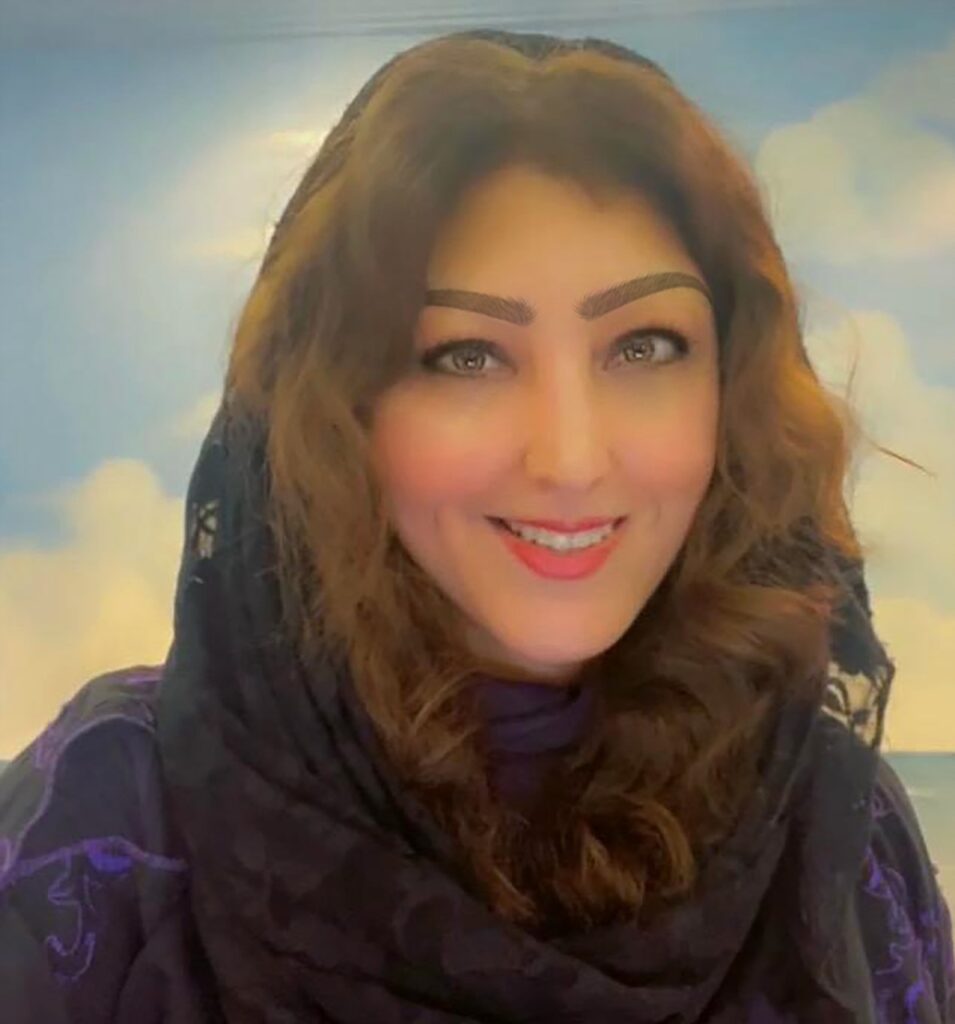
Dr. Sameera Aziz, PhD in Mass Media, is a senior Saudi journalist, author, poet, and cross-cultural commentator based in Jeddah. A pioneer of female journalism in Saudi Arabia, she is a strong advocate of Vision 2030. She can be reached at consultant.sameera.aziz@gmail.com
Disclaimer: Views expressed in the article are personal of the Author. TNN does not hold any responsiblity whatsoever for the same.




